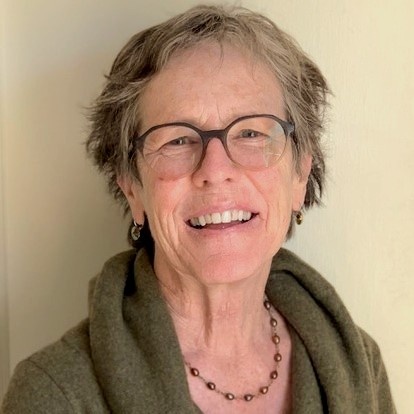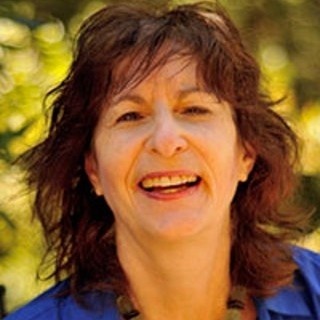Somatopia
presents
THE RELATIONAL SKILLS
TRAUMA CERTIFICATE PROGRAM
INTRODUCING…
The Relational Skills
Trauma Certificate Program
With the Director of the Trauma Certificate Program
Dr. Albert Wong
and Guest Faculty
New 3 Month Live Video Training Starts
Tuesday, January 20, 2026
Can’t make it live? No problem. After each class, video and audio recordings will be made available to watch anytime.
Trauma is held in the body, but revealed in relationships.
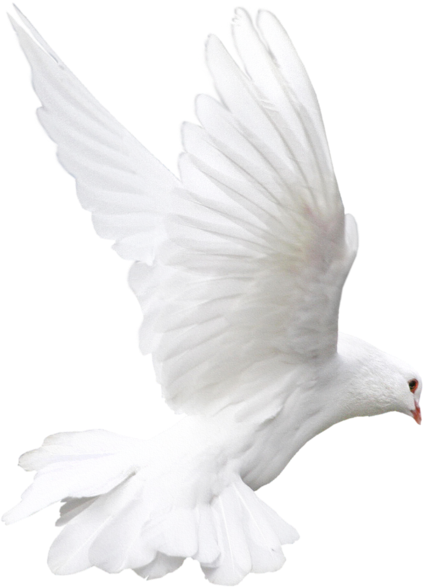
Trauma disrupts our natural ability to connect.
Trauma can create isolation and withdrawal.
Trauma can flood us with shame or make us persistently terrified of abandonment.
Experiences of relational rupture can become lodged in our physiology and our felt experience.
Even after years of talk therapy and medication,
the impact of trauma may still linger.
IT DOESN'T HAVE TO BE THIS WAY.
Instead of trying to dig our way out of trauma through individual talk therapy alone, contemporary research on healing trauma invites us to rediscover:
the power of embodied connection,
the felt experience of secure attachment,
the remembrance of what it is like to be truly seen and known.
It invites us to become still, to listen,
and to rediscover what it feels like to connect.
The important moments of contact.
The possibility of resonance –
and "feeling felt."
The healing power of fully being with another human being
and allowing what was unfinished
to come to completion.
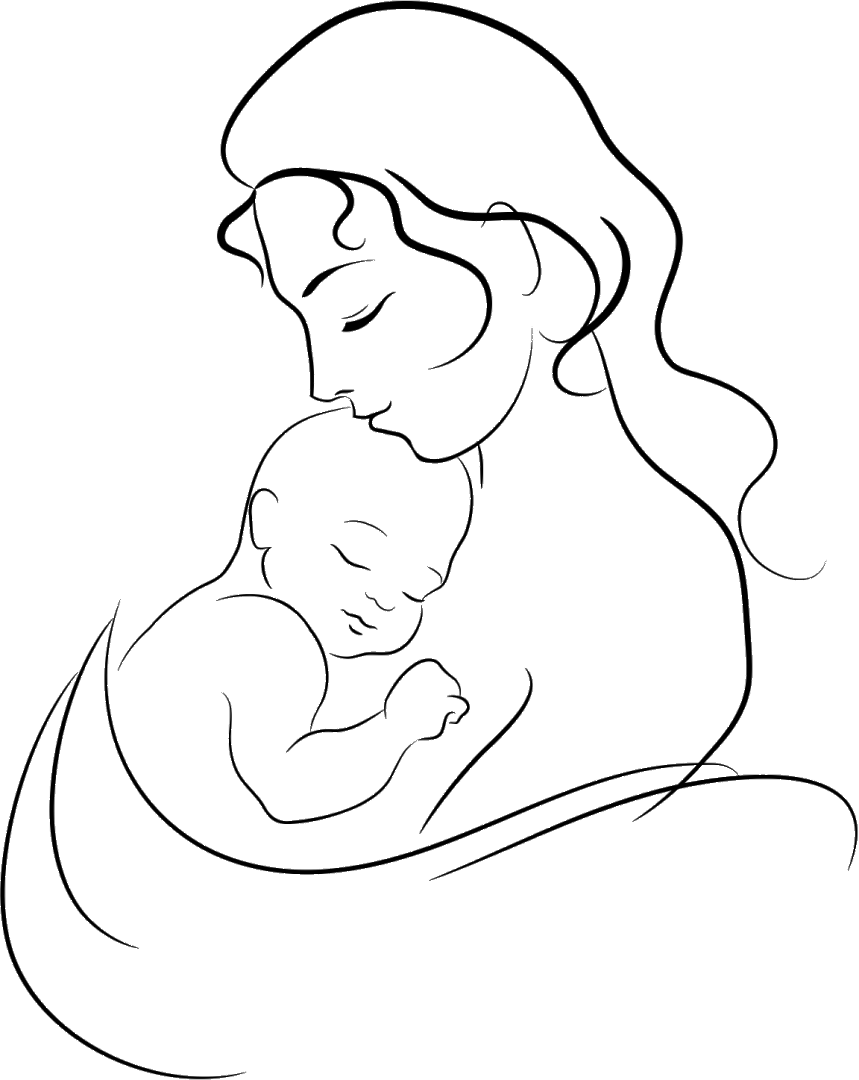
THE TRAINING WAS AMAZING!
It was tremendously helpful to me as a survivor of trauma and also as a clinician. I wish more trainings like this would have been a part of my graduate school training and experience. The format was great and the pace was perfect in terms of being slow enough for it to really sink in. The information was also presented in a format that could be easily understood and applied. I highly recommend this training!
ERIN PRUETT
LICENSED MENTAL HEALTH COUNSELOR
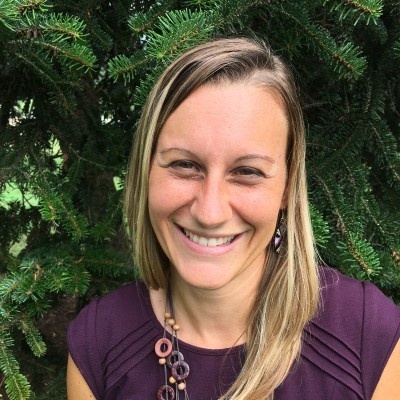

Register to watch
Meet the Faculty
with Dr. Albert Wong and Guests
Recorded Saturday, May 18, 2024
from 10AM - 11M Pacific Time
If you register, we will send you a copy of the video recording so that you can watch it anytime.
SAVE MY SEAT
SUCH A BEAUTIFUL AND HEALING COURSE! ❤️
I have found a deep sense of being ‘back in my own life’ after watching and practicing what is taught here. My awareness grows daily, and I am learning to find new resources of ‘self nourishment’! Enriching for myself and those around me!
CLAIRE ENNEW
MANDALA ARTIST
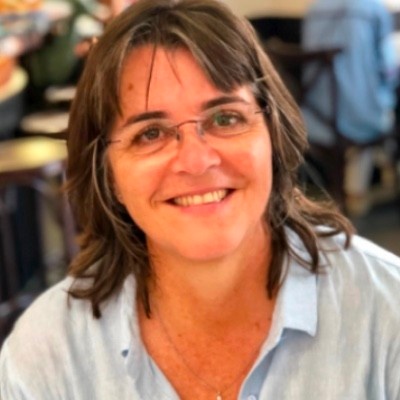
In this program you will...
-1-
Discover How Trauma Disrupts Our Ability to Connect to Others
You'll learn how the brain processes trauma, including revolutionary new discoveries in polyvagal theory, and the science of safety, love, and connection.
-2-
Learn How to Overcome the Legacy of Trauma through Corrective Relational Experiences
You will learn how to use interpersonal contact, co-regulation and the "relational felt sense" to help stabilize, metabolize, and integrate experiences of trauma.
-3-
Gain Practical Skills for Working with Individuals and Groups to Help Those Suffering from Developmental and Attachment Trauma
Enhance your learning by practicing step-by-step individual and group skills, including tools you can use with your clients, yourself, and those you love.
PROGRAM OVERVIEW
During the Certificate Program, you will…
Learn How to Work with Trauma
from Dedicated Teachers in the Field
Take 4 foundational Relational Skills courses:
Foundations of Relational Trauma Therapy
Embodied Relational Skills for Healing Trauma
Trauma-Informed Group Work
Healing Relational Trauma
Each Week…
Get 3 hours of online course instruction plus an additional, optional 1 hour per week of structured practice time
Hone your skills by practicing with classmates in your Student Community
Learn how to work with trauma – from a whole person perspective
Earn a Relational Skills Trauma Certificate from Somatopia after the completion of 10 core skills practice sessions
FIND OUT MOREBy the end of the program, you will have learned how to:
IN THE WORLD, THERE ARE FEW PEOPLE...
... who I label as "super co-regulators" – I view myself as good enough…. Albert, I think you could fit within the category of "super co-regulators"… Your presence and your voice… How you use your social engagement system… That's a healing property. It enables the body to become accessible.
STEPHEN PORGES
FOUNDER OF POLYVAGAL THEORY
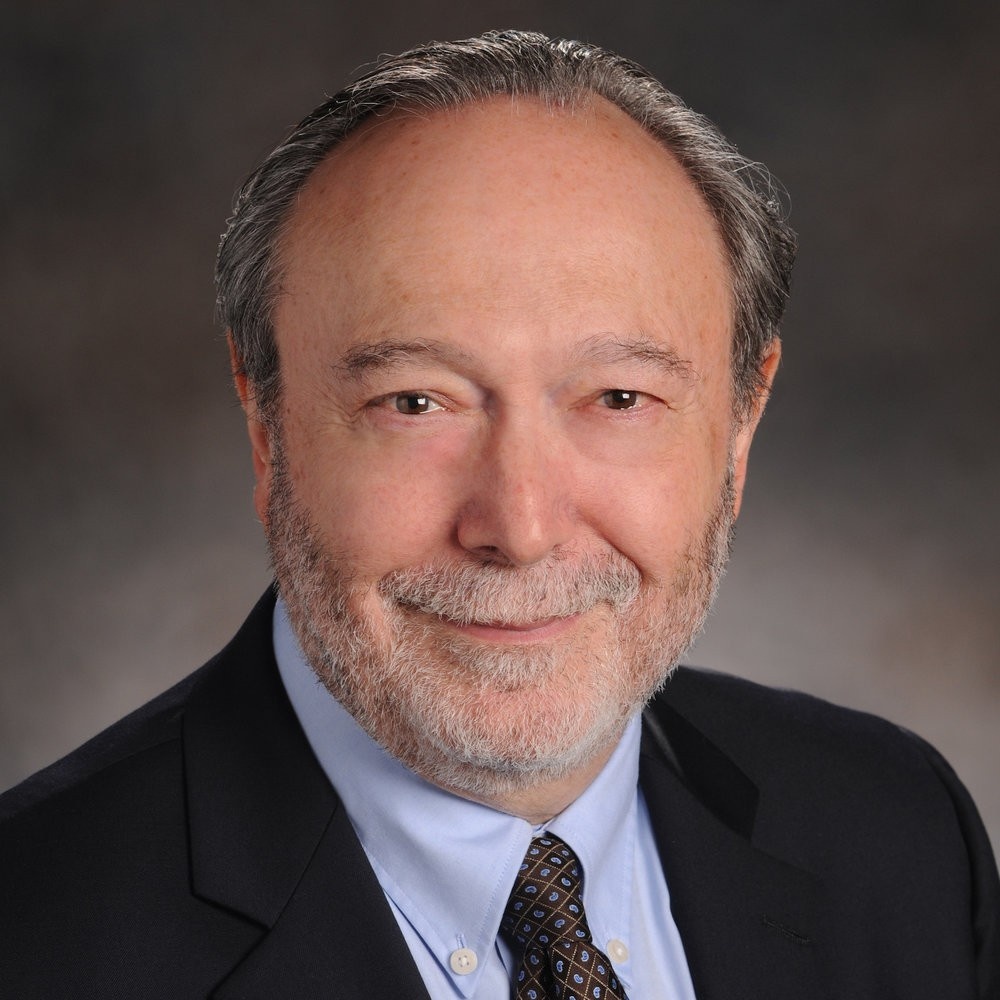
THE RELATIONAL SKILLS TRAUMA CERTIFICATE PROGRAM
THE CURRICULUM
Trauma 201
Foundations of Relational Trauma Therapy
Laying the Groundwork for Understanding
Trauma 202
Embodied Relational Skills
Connecting with Our Somatic Experience with Ourselves and Others
Trauma 203
Healing Relational Trauma
Further Techniques and Applications
Trauma 204
Trauma-Informed Group Work
Cultivating Embodied Presence and Essential Qualities for Healing Trauma
OUR FACULTY
Bringing decades of experience, with over 1,000 students trained








PROGRAM DETAILS
OVERVIEW
The program will run from May 21st to August 20, 2024.
All live sessions will be recorded so that students who cannot attend the live sessions can watch or revisit the lesson at their own convenience.
Students are welcome to either attend the live sessions or participate in the certificate program through watching the video recordings.
In order to receive the Trauma Certificate, students must complete 10 practice sessions, as well as a self-evaluation, by October 20, 2024.
THE CURRICULUM
The program is comprised of four separate, but interlocking courses:
- Foundations of Relational Trauma Therapy
- Embodied Relational Skills
- Trauma-Informed Group Work
- Healing Relational Trauma
Because this curriculum builds upon itself, these courses cannot be taken individually, but must be taken together as a unit as part of the integrated Relational Skills Trauma Certificate Program.
CLASS SCHEDULE
Classes will meet twice a week during the semester (May 21st to August 20, 2024).
All weekly classes are on:
Tuesdays & Thursdays from 1 PM-2:30 PM (Pacific Time)
+ optional after-class 30 minute practice session
Each 90-minute class will be followed by an optional 30 minute practice session for students so that they might develop and practice their skills learned during the class, as well as earn practice session credit towards their Relational Skills Trauma Certificate.
Please view the calendar listed above for an overview of the schedule, with particular attention to your local time zone.
CLASSROOM FORMAT
COURSE CONTENT: Students may participate in the training either by attending the Live Sessions on Zoom or by watching the Class Recordings which will be housed via the online learning platform, Somatopia.
REFERENCE MATERIALS: The online learning platform at Somatopia will be the repository archive for all information about the course including:
- Orientation information
- Student Handbook
- Detailed class schedule
- Instructions on how to access the live classes via Zoom
- Class recordings of live sessions – available within 24 hours of the end of the live event.
STUDENT ORIENTATION
Student orientation will occur on the first day of class, Tuesday, May 21, 2024 at 1 PM (Pacific Time). During this time students will be oriented to the parameters of the class, how to utilize the learning platform, community agreements, and the structure of the certificate program.
A recording will be made available for students who cannot attend live.
HOMEWORK
In order to earn the Core Skills Trauma Certificate, students must complete 10 core skills practice sessions and complete a self-evaluation. These are due by October 20, 2024.
Practice sessions may be completed either with members of the class cohort, or with willing volunteer "practice clients" outside of class.
Students are welcome to schedule the practice times as best fit their (and their practice partner's) individual schedule.
CLOSING CEREMONY
Closing Ceremony will occur on the last day of class, Thursday, August 20, 2024 at 1 PM (Pacific Time).
Students will be given an opportunity to share their experience in community.
Family, friends, and loved ones are welcome and invited to attend.
CERTIFICATE OF COMPLETION
In order to receive the Relational Skills Trauma Certificate, students must:
- Attend the live sessions and/or watch the recordings
- Complete 10 practice sessions implementing the Relational Skills techniques
- Complete a Self-Evaluation
TUITION FEES
Our fees are sliding scale, and we make every effort to keep our trainings affordable for students.
Students may choose from one of the payment options – Full Fee or Payment Plan – which range from $987 in full to a 4-month payment plan option of $257 per month.
ALL ARE WELCOME
Camara Rajabari, LMFT
Associate Faculty
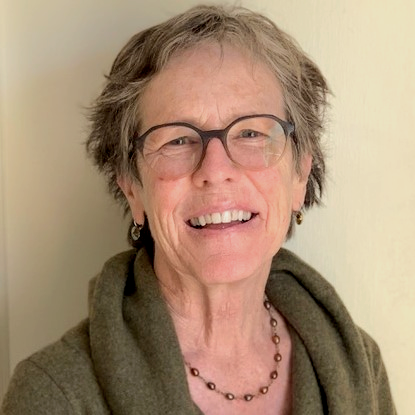
Sue Martin, MA, REAT
Associate Faculty

Bill Say, MA
Associate Faculty

Shirley Dvir, LMFT
Associate Faculty

Sheila Rubin, LMFT, RDT/BCT
Associate Faculty

Pat Ogden, PhD
Associate Faculty

Maryasha Katz, LCSW
Core Faculty

Michael Clemmens, PhD
Core Faculty
DR. WONG WAS AN ABSOLUTE JOY TO WATCH...
Dr. Wong was an absolute joy to watch take us through journey of trauma healing. His voice was soothing and a authentic teacher. I’m a Family Physician who is focused on Mental Health in Men and Boy Children. My approach in therapy has always been around CBT and Positive Psychology. Referring my patients for Somatic Therapies. You gave me another technique to help my clients. The phase 3 connection part was beautiful. Somehow I found it connected to CBT. Loved it!!
DR. UNATI MAKIWANE
FAMILY PHYSICIAN

YOUR HOST
Dr. Albert Wong
Former Director of Somatic Psychology
John F. Kennedy University
BLENDING ANCIENT WISDOM
WITH MODERN SCIENCE
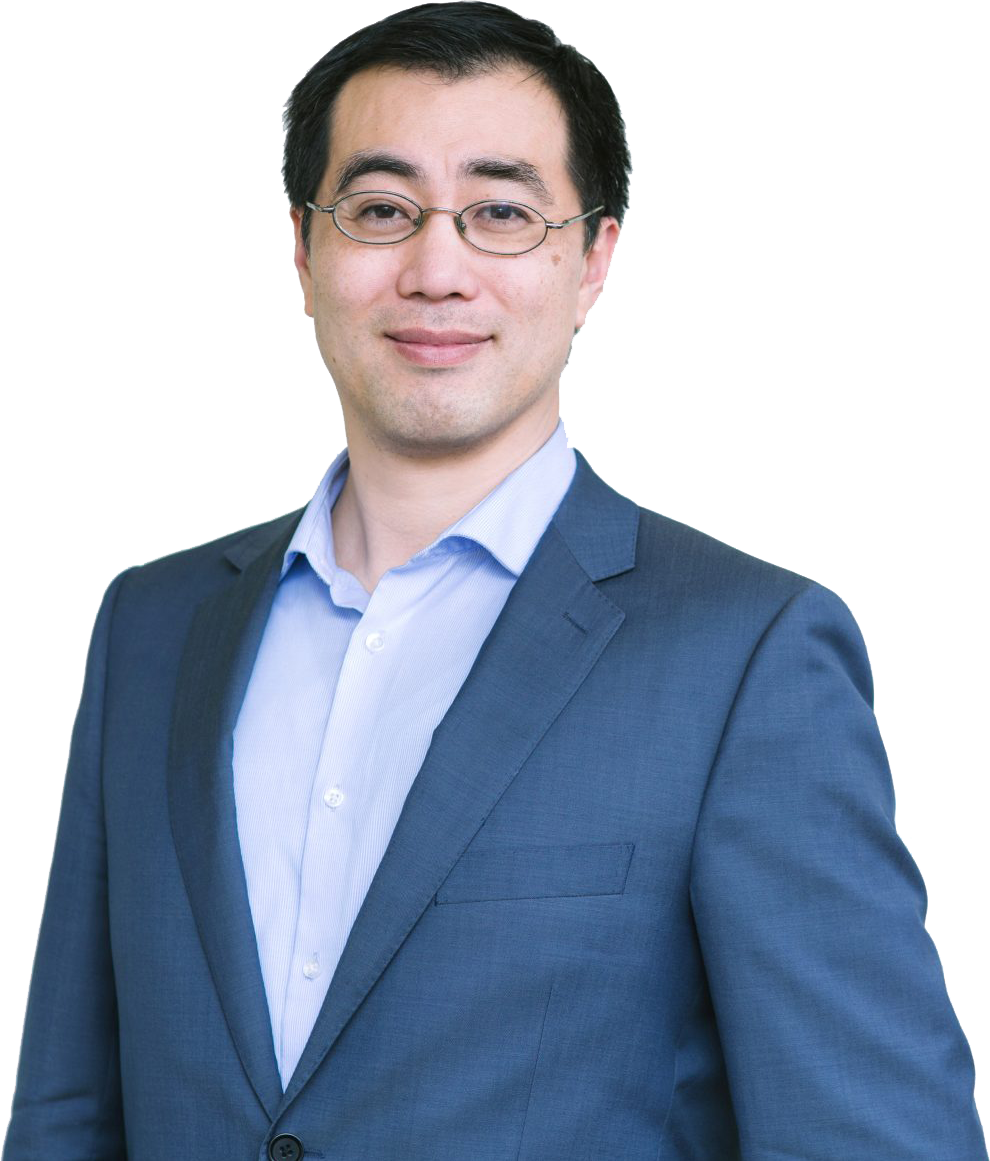
Watch the Info Session
Recorded Live on:
May 11th, 2024
with Dr. Albert Wong, Program Director
Register to Watch the Info Session
No Spam. Ever.
WHO IS THIS FOR?
THIS COURSE WAS UNBELIEVABLE.
This course was unbelievable. I learned so much. This will be invaluable when working with my clients. I not only use this with my clients It has helped me to understand my own trauma.
LORRAINE ROSSITER
PSYCHOTHERAPIST
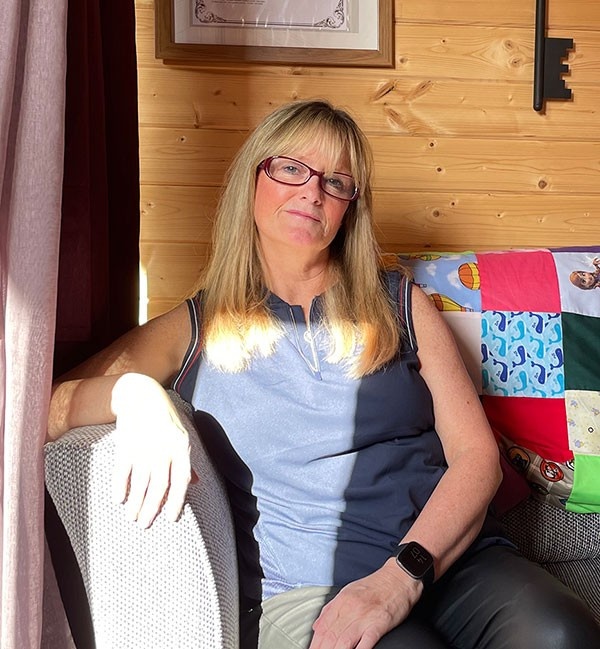
Class Starts: May 21, 2024
Registration is now closed
00
DAYS
00
HOURS
00
MINS
00
SECS
Sign up below to be on a waitlist for the 2025 Relational Skills Trauma Certificate Program.
I HAVE SUCH HEARTFELT GRATITUDE...
...for Dr. Wong and this course. I too like so many have suffered trauma in my life. And working through that trauma has led me to a career field in healing. I'm a structural integrator and I work directly with physical manifestations of trauma on a daily basis and I find this curriculum and what it can bring to my work valuable. I thoroughly enjoyed this course. And I thank you Dr. Wong, for your time and your genuine desire to share this gentle approach with all of us. I truly look forward to learning more from you in the future. Thank you so much.
REGINA VISCONI
LICENSED MANUAL THERAPIST
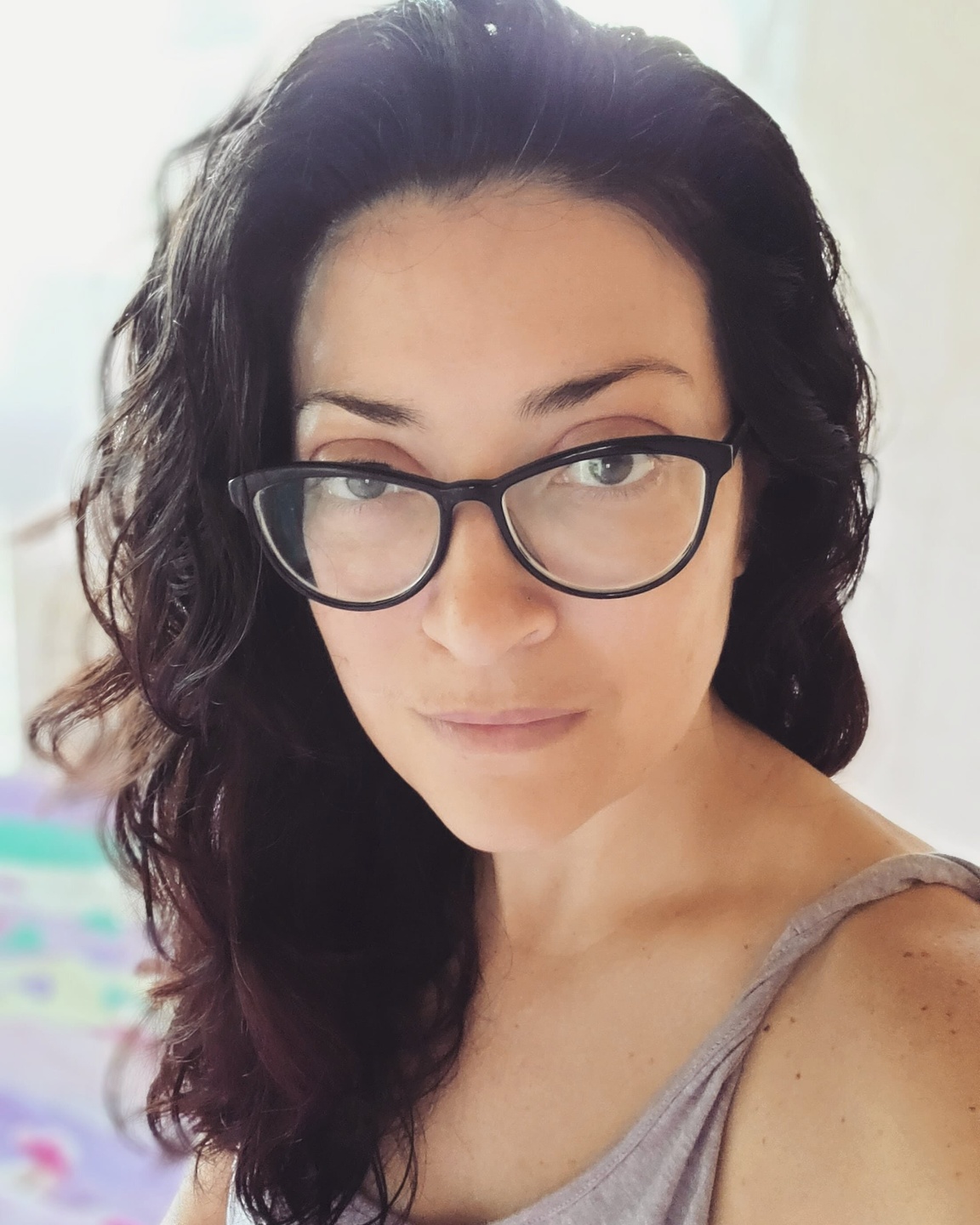
Frequently Asked Questions
What’s a virtual course?
Can I get benefit from the course if I miss the live classes?
Can you tell me about the private online community group?
I am not a mental health professional. Am I eligible to take the Trauma Certificate training?
Does this course qualify for continuing education credit?
What are the dates and schedule for the course?
Is this a theoretical or experiential learning program?
Do I need any special books or materials for this training?
Are there scholarships available for this training?
What’s your refund policy?
How can I reach Customer Support?
Reflections from Former Students
FACULTY BIOS
Maryasha Katz, LCSW
Core Faculty
Maryasha Katz is a Jewish Queer Licensed Clinical Social Worker, Dancer, and Life Coach. She is a member of the Adjunct Faculty in the Holistic Studies and Graduate Psychology Departments at JFK/National University and Palo Alto University. She has extensive experience working with trauma with a focus on sexual assault and domestic violence. In addition to her private practice, she provides supervision and consultation to other psychotherapists and organizations. Her skills in online course development have put her in high demand during these challenging times. She has also worked as the Counseling Department Supervisor and Sexual Assault Department Manager at Women’s Crisis Support~Defensa de Mujeres, as a Self-Defense Instructor, and as a Trainer.
Michael Clemmens, PhD
Core Faculty
Michael Craig Clemmens, PhD, is a psychologist and trainer in Pittsburgh. He is a lead faculty member of the Gestalt Institute of Cleveland and teaches at the Metanoia Institute in London and at the Esalen Institute in Big Sur, California. He is the author of Getting Beyond Sobriety: Clinical Approaches to Long Term Recovery (1997), Embodied Relational Gestalt: Theory and Applications (2019,) and numerous articles on Gestalt therapy, body process, and addiction. He travels extensively nationally and internationally teaching and offering experiential learning opportunities. He specializes in working with somatic process in clients and restoring "somatic intelligence" for clients who are dealing with historical trauma.
Shirley Dvir
Associate Faculty
Shirley is the founder and lead teacher of Relational Somatic Healing and a Licensed Marriage and Family Therapist. For over 10 years, she taught as a Certified Hakomi Teacher at the Hakomi Institute of California, John F. Kennedy University, California Institute for Integral Studies, and Shiluv Center in Tivon, Israel. She has also supervised associates pursuing MFT licensure and currently mentors licensed practitioners. She has training in psychodynamic work, attachment, EMDR, Sensorimotor Trauma Therapy, the Enneagram, family therapy, CranioSacral Therapy, and Body Mind Centering (Bonnie Bainbridge Cohen). Her main work today focuses on healing relational wounds with safe embodied touch.
Sue Martin, MA, REAT
Associate Faculty
Sue Martin, MA, REAT, has over 40 years experience working in the field of trauma. In 1977 she cofounded one of the first shelters for battered women in the country and then, Futures Without Violence in 1980. Sue has taught students, professionals and community agencies for many decades. Known for her dynamic and passionate teaching, She served on the faculty of John F. Kennedy University from 2007 to 2020, teaching courses on Working with Trauma and PTSD, the Psychobioimmunology of Stress and Embodied Expressive Movement. Sue has supported hundreds of students to learn to listen to their body’s wisdom and to follow the depth of knowledge discovered therein. She is a proponent of simple practices that support embodying our essential/highest nature. Sue has a private practice in Berkeley, California and is a longtime student of the Diamond Heart School for Spiritual Development, where she is currently in the teacher-training program.
Bill Say, MA
Associate Faculty
Bill Say holds an M.A. in psychology, and certification in Process Work and Core Energetics. He is an adjunct faculty member at the Wright Institute, California Institute of Integral Studies, JFK University and the Process Work Institute. He brings many years of experience to private therapeutic practice, diversity awareness training, conflict resolution and community building, with work in the US, Asia, Europe and the Middle East. Bill is Japanese Korean American, cis and male and straight identified, middle-class, spiritually oriented, socially introverted, married to Linda and parent to Gabe. His website is: http://www.billsay.com
Sheila Rubin, MA, LMFT, RDT/BCT
Associate Faculty
Sheila Rubin, MA, LMFT, RDT/BCT is a leading authority on Healing Shame. She co-created the Healing Shame – Lyon/Rubin Method and has delivered talks, presentations and workshops across the country and around the world, at conferences from Canada to Romania. Sheila has been presenting Healing Shame workshops with her husband, Bret Lyon, for over 10 years; she has been presenting workshops for therapists about working with shame, eating disorders, and child and family trauma for over 25 years. With Bret Lyon, she is the co-author of the upcoming Sounds True book, Healing Shame: How to Work with This Powerful, Mysterious Emotion―and Transform It into an Ally.
Camara Meri Rajabari, LMFT
Associate Faculty
Camara Meri Rajabari (she/her) is an arts-based, somatic, ancestral psychotherapist, professor, activist practicing and living in the unceded lands of the Chochenyo and Ramaytush Ohlone peoples called Oakland, California. Her private practice specializes in anxiety, depression and intergenerational trauma experienced by Black, Indigenous and People of Color. She is also trained psychedelic-assisted psychotherapist working offering psychotherapy for clients experiencing complex ptsd. Camara’s approach is person-centered, imaginal and inclusive. Her work focuses on intergenerational trauma, ancestral resiliency and the exploration/liberation of consciousness.
Pat Ogden, PhD
Associate Faculty
Pat Ogden, PhD is a pioneer in somatic psychology, the creator of the Sensorimotor Psychotherapy method, and founder of the Sensorimotor Psychotherapy Institute. Dr. Ogden is trained in a wide variety of somatic and psychotherapeutic approaches, and has over 45 years of experience working with individuals and groups. She is co-founder of the Hakomi Institute, past faculty of Naropa University (1985-2005), a clinician, consultant, and sought after international lecturer. Dr. Ogden is the first author of two groundbreaking books in somatic psychology: Trauma and the Body: A Sensorimotor Approach to Psychotherapy and Sensorimotor Psychotherapy: Interventions for Trauma and Attachment (2015) .
Albert Wong, PhD
Core Faculty, Program Director
Dr. Albert Wong is the former Director of Somatic Psychology at John F. Kennedy University and a leading clinician and educator in the field of somatics, healing trauma, and the body-mind connection. He served as residential staff at the Esalen Institute and as Core Faculty at the California Institute of Integral Studies, where he taught classes on Somatic Approaches to Trauma, Therapeutic Communication, and Theories and Techniques of Trauma Therapy. He has been featured on PBS, in Time Magazine, and his work has been published in titles ranging from the scientific journal Biological Cybernetics to the book anthology Radical Spirit. He is the founder of Somatopia, an online educational platform that is dedicated to creating an embodied world.
INFORMATION SESSION / MEET THE FACULTY
You are invited!
We hope that you will take some time to review our program and to attend an Information Session where you can meet our faculty and learn more about our program.
INFO SESSIONS
Saturday, July 12: 10AM-11AM (Pacific Time)
Saturday, August 9: 1PM - 2 PM (Pacific Time)
MEET THE FACULTY
Saturday, August 16: 10 AM - 11 AM (Pacific Time)
CLICK HERE to watch the recording of the Meet the Faculty and prior Info Session
If you're not able to attend the session live, we will send you a video recording of the session. :-)
Register for Our Free Info Session
Connect with faculty. Learn about our program. :-)
No Spam. Ever.




